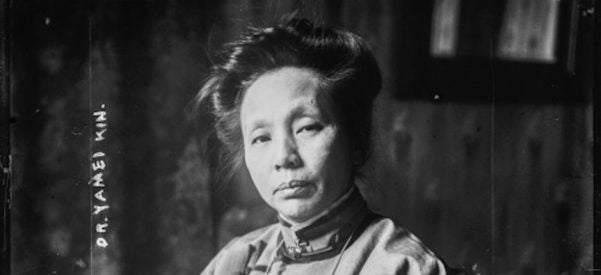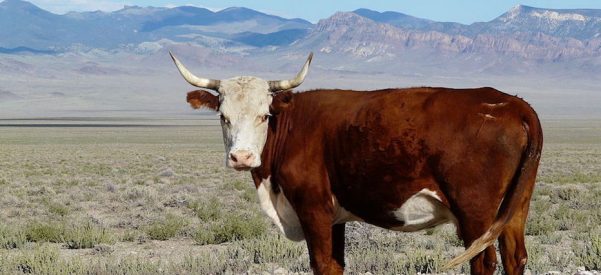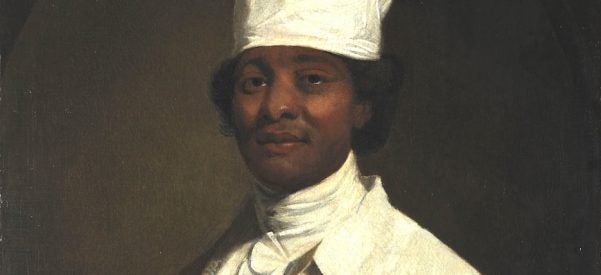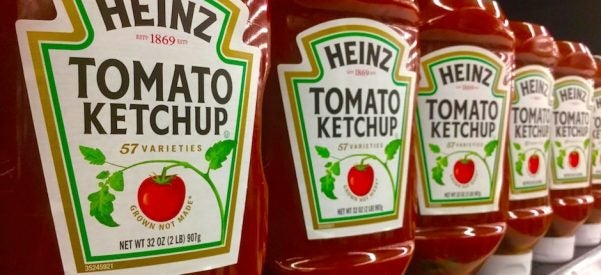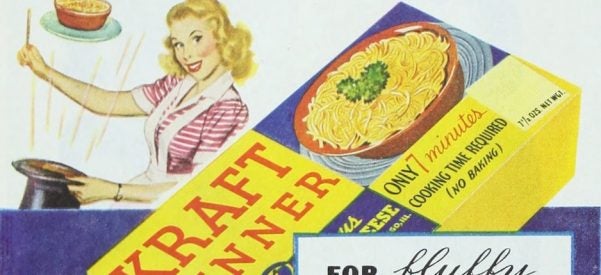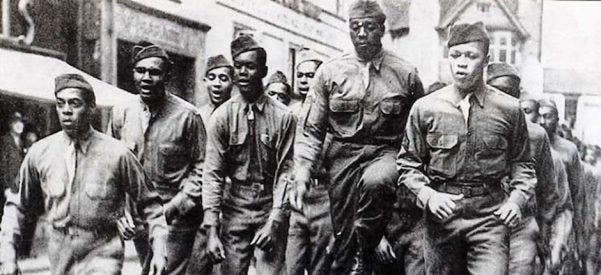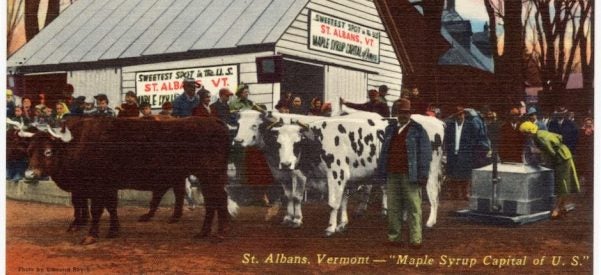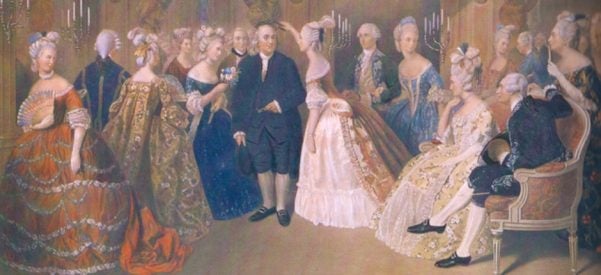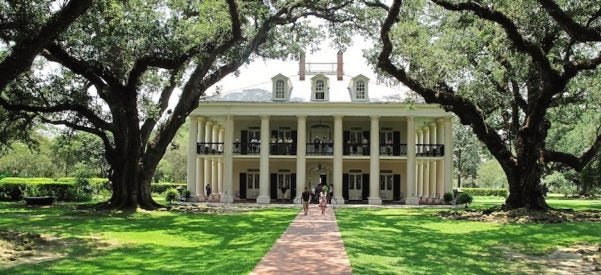The Chinese-Born Doctor Who Brought Tofu to America
Yamei Kin Was a Scientific Prodigy Who Promoted the Chinese Art of Living to U.S. Audiences
On a hot summer day in 1918, syndicated reporter Sarah McDougal paid a visit to an unusual laboratory of the U.S. Department of Agriculture Bureau of Chemistry, a predecessor to the Food and Drug Administration, in its Romanesque Revival building near the piers of New York City’s Hudson River. The bureau usually worried itself with detecting adulterants in imports, but its role had expanded during wartime to investigate “meritorious substitutes” for foods made scarce by the trade disruptions and hungry …


